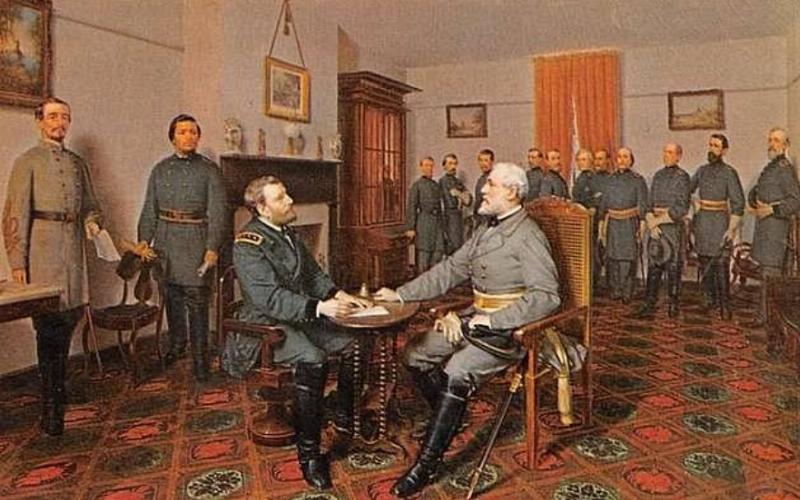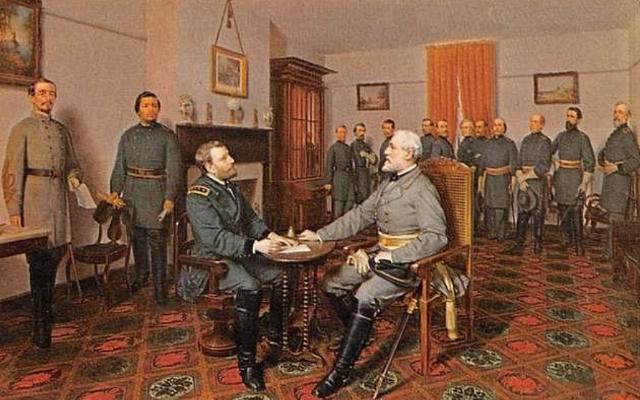


Today’s talking heads have, thus far, mostly avoided describing why Putin’s Russia is prevailing in the horrible war in Ukraine… since might makes right. The plucky Ukrainians have nonetheless been the favored underdogs as opposed to the evil dictator’s vast human resources. It is also becoming painfully obvious that starting a war is much easier than ending one.
The Treaty of Versailles stands out as a hugely complicated historical bungle. The Armistice hinged on the Kaiser’s exile in the Netherlands. Then various factions immersed themselves in reinventing Europe and the Middle East. The newly created nations of Czechoslovakia and Yugoslavia lasted less than a century, while the loss of Ottoman control then plunged the Middle East into persistent turmoil.
Such is the result of a apocalyptic war that had no real reason to happen in the first place -- basically due to pre-existing alliances that kicked in after the murder of an archduke and his wife. Historians point to the unreasonable popularity of armed conflict among the common folk… since Europe had been mostly peaceful since the long-ago days of Napoleon. The leadership, however, knew all too well of the increased lethality of modern weaponry -- which prompted the Kaiser to tell his generals just after they sent the telegram launching the Schlieffen Plan: “Gentlemen, we will regret this.”
The United States may have only seen two obviously conclusive wars since the Revolution: The Civil War and the Second World War. Towards the end of the Civil War, the Confederacy sent a group of officials to meet with General Grant to arrange an armistice. When asked to reveal their requirement(s) for peace, they simply wanted the Confederacy to remain a sovereign nation. Grant’s reply was, more or less, “Why do you think we’ve been fighting you all these years?” Hence, the final deal was eventually done at Appomattox -- and there never was again a sovereign Confederacy.
A little over a year after Pearl Harbor, the Casablanca Conference in January, 1943 revealed the Allies’ demand for “unconditional surrender.” Some newsreel footage is thought by some to show Churchill wincing as Roosevelt made the announcement -- since letting the Axis know about this would likely prolong the fighting.
A month later, at Stalingrad, the Wehrmacht was essentially soundly defeated… though they still continued to fight. Germany’s last gasp culminated in the Battle of the Bulge, after which American soldiers largely stopped taking prisoners and just confiscated weapons… except in the case of black-uniformed Waffen SS soldiers who were inclined to offer a false surrender and then start shooting.
Long-range B-29 bombers enabled devastating incendiary attacks on the Japanese home islands. The unknown fate of the emperor and an almost suicidal sense of nationalism continued to keep Japan from surrendering, until the only hostile use, ever, of nuclear weapons brought the inevitable conclusion. All the same, Japanese army officers attempted a coup before the emperor could announce the surrender. They shot their way into the Imperial Palace itself before they were overwhelmed.
Speaking of Russia being at war and a U.S. president negotiating the peace, back in 1905, Theodore Roosevelt was instrumental is concluding the Russo-Japanese War. Both nations had designs on Manchuria, and the conflict was mostly fought with naval forces. Roosevelt got the Nobel Peace Prize for his efforts and Japan subsequently allied with Great Briain to wage naval war against Germany in the South Pacific during WWI. Forty years later, Soviet Russia again declared war against Japan… just a few days before they surrendered to the U.S.
Today’s presidential peace negotiations between Russia and Ukraine rely on the parties’ mutual desire to quit the conflict… which leaves much room for doubt. Putin wants the Russia-friendly parts of Ukraine and Zelenskyy feels he can’t afford to cough up any more territory after losing the Crimean Peninsula. The overriding concern is the issue of durability… the long sustainability of a real peace. At this point, the old adage of good fences makes good neighbors comes to mind. The failed Maginot Line also comes to mind… but that was both very expensive and easily bypassed.
The intense focus of the world’s media on this issue, in some ways, reveals the innate human yearning for peace. But how? A flimsy cease-fire is nothing more than a pause. A solution would bring an end to a horrible conflict. One side has a distinct numerical advantage -- the other has mediagenic and inspiring cause célèbres. All along, I’ve enjoyed the calming effect of this conflict being far away on the opposite side of the world.

Image: Louis Mathieu Guillaume
